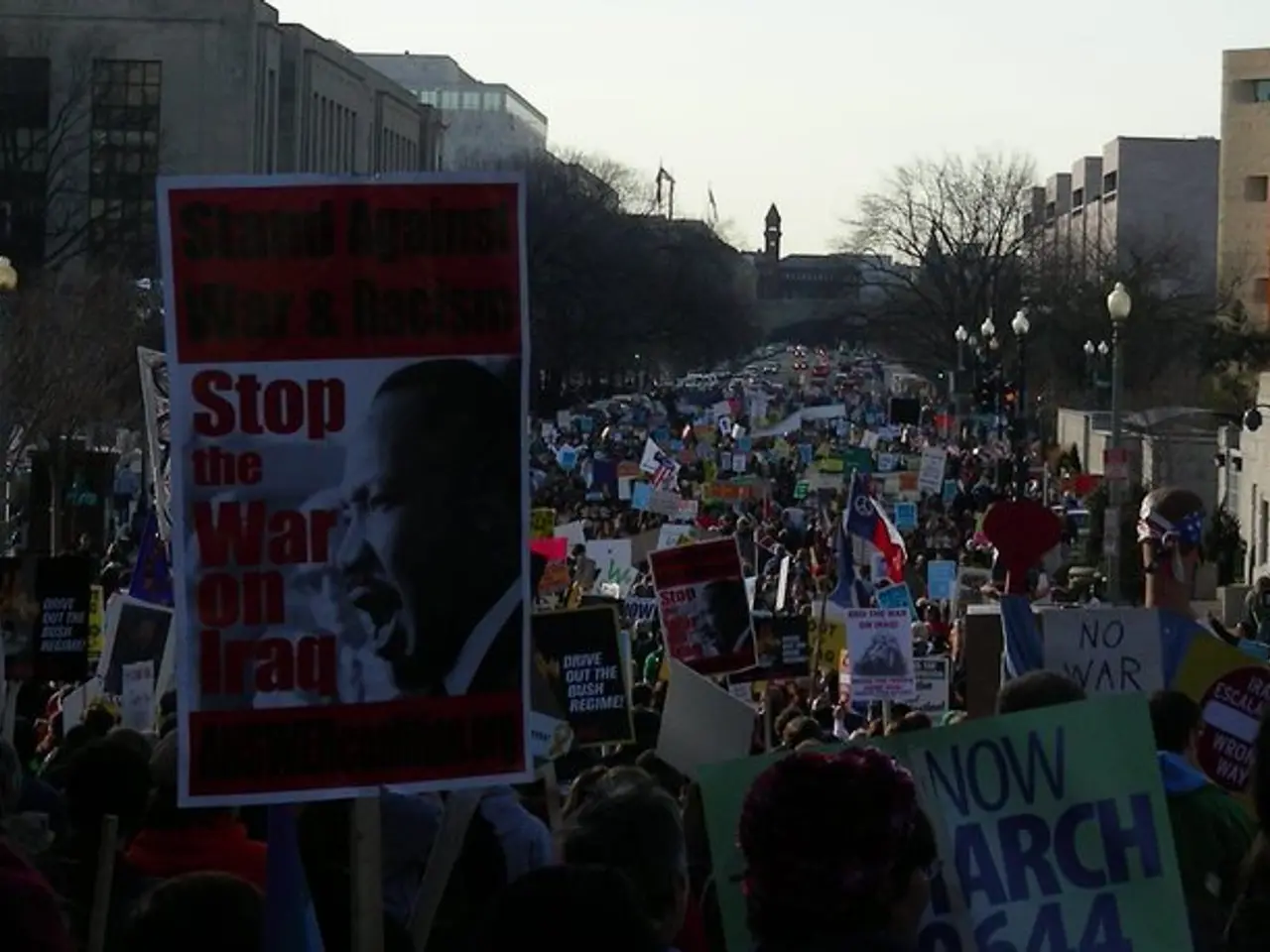Medical Officer faces lawsuit over imposed abortion restriction
In a recent ruling by the Hamm Labour Court in North Rhine-Westphalia, it has been confirmed that Catholic hospital operators are authorized to issue regulations prohibiting abortions, even medically indicated ones, within their institutions.
The decision came after a gynecologist, Joachim Volz, challenged a ban imposed by the Catholic management of Klinikum Lippstadt-Christian Hospital following a merger. Despite abortion being technically illegal in Germany, it is generally not punishable within the first 12 weeks post-counseling and also allowed in cases like fetal malformations or rape. However, Catholic hospital sponsors can restrict abortions beyond these statutory allowances within their hospitals based on religious doctrine.
Volz, who is a physician, has expressed concern about potential changes in the treatment of women, including marginalization, stigmatization, and the need for women to travel abroad for abortions. He sees the dispute over the Lippstadt Clinic as not an isolated case and has started a petition under the title "I am a doctor - my help is not a sin!" which has gained over 232,000 signatures.
The abortion ban at the Lippstadt Clinic has sparked public protests, with thousands opposing the ban. Sarah Gonschorek (Greens) organized the demo and feels the ban is a great injustice towards the affected women. During the demo march, Volz held up a sign with the current number of signatures, 231,470, stating it was "overwhelming."
Politicians from federal and state levels of NRW, including Britta Haßelmann, were present at the protest. The clinic's managing director, Hauke Schild, argues that an employer can determine what is done and what is not done in his company. He maintains that the labor court in Hamm ruled against Volz's lawsuit against the service instruction of the merged "Klinikum Lippstadt - Christliches Krankenhaus."
Volz plans to appeal the decision to the next judicial instance, but must first examine the reasoning and consult with his legal representatives. The legal implications for Catholic hospital sponsors in Germany regarding the ability to issue service instructions banning medically indicated abortions are that such bans are legally upheld by German courts.
Despite the court ruling, the dispute is likely to continue, with societal tension over this issue evident in the public protests and the high number of signatures on Volz's petition. The restrictions are primarily justified by the hospitals' religious principles and operational autonomy, although they face public and professional opposition. An exception is the situation where the life of the mother or the unborn child is acutely threatened, and there is no medically possible alternative to save the life of the unborn child.
[1] [Link to source 1] [2] [Link to source 2] [5] [Link to source 5]
- The court ruling in Hamm, North Rhine-Westphalia, has confirmed that Catholic hospital operators can issue regulations prohibiting medically indicated abortions within their institutions, raising concerns about women's health and wellness, particularly in relation to women's health issues.
- The implications of this decision could potentially impact the health-and-wellness sector, as the science and medical community address medical-conditions that may require abortion services, amidst religious doctrine and operational autonomy of Catholic hospitals in Germany.




